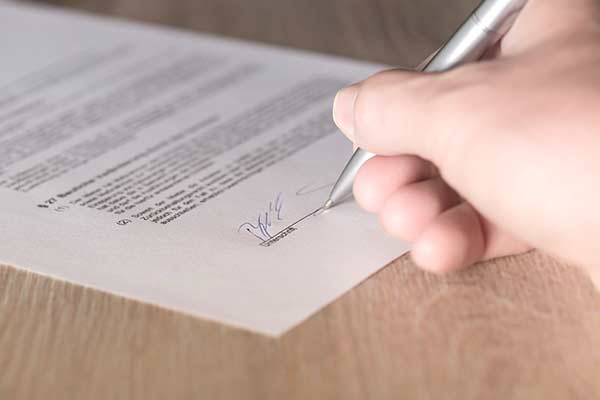Impact of COVID-19 Crisis On Commercial Leases
- Details
- Created: Wednesday, April 15 2020 16:19

The Health (Preservation and Protection and Other Measures in the Public Interest) Act, 2020 gives the Minister for Health broad powers to make Regulations to combat the spread of COVID-19.
The restrictions on movement of persons introduced by the Minister on 12 March 2020, while necessary for the protection of public health, are having a crippling effect on many businesses throughout the country.
This situation means that many businesses are struggling to meet their financial obligations, including the payment of rent. However, despite the health crisis, commercial tenants must continue to comply with their obligations to their landlords.
If you or your business is a party to a commercial lease agreement, then you may want to consider what options may be available to you in these testing times. We set out below some of the considerations in this regard.
1.Rent Agreements
As always, the most efficient way to deal with any difficult situation is through communication and cooperation. Any lease agreement may be amended by the mutual agreement of the parties. In the current crisis, it may be in the interests of landlords and tenants to agree to amend or suspend the rent clause in a lease agreement until such time as businesses can re-open.
Some of the issues that would need to be considered before entering into such an agreement are as follows:
- If there is a charge over the property, the landlord will need to check to ensure that it can continue to meet its obligations to its lending institution, and obtain the lending institution’s consent to the new agreement if necessary;
- Similarly, if the landlord is sub-leasing the property to the tenant, then it will need to check to ensure that it can continue to meet its obligations to the head landlord, and obtain the head landlord’s consent to the new agreement if necessary;
- The term for which the rent clause is to be amended/suspended ought to be clearly defined;
- The manner in which any shortfall of rent is to be later repaid ought to be clearly defined; and
- Whether any other clauses of the lease agreement shall be amended (e.g. the period of rent review or the term of the lease).
The terms of any such agreement may come back to haunt either party at a later stage if they are not drafted with sufficient certainty. Therefore, in order to avoid potential dispute, it is important to take legal advice before entering into any such agreement.
2.Force Majeure
Ordinarily, the non-payment of rent by a tenant would entitle a landlord to terminate the lease and to hold the tenant accountable for any unpaid rent.
A tenant may be relieved of its obligation to pay rent, however, where the lease agreement includes a force majeure clause that relieves the tenant of its obligations under the lease in the event of a force majeure.
A force majeure event is not defined by law but is widely accepted as being an unforeseen event that is beyond a party’s control and which prevents a party from performing its obligations under an agreement. In order for a tenant to rely on a force majeure clause in the current crisis, it must be able to show that its failure to pay rent was in fact caused by the COVID-19 pandemic.
A commercial lease agreement may contain a specific force majeure clause or it may have one indirectly written into the agreement. Therefore, it is important to take legal advice in interpreting your lease agreement.
3.Essential Services/Retail Outlets
If a tenant is operating a business that has been identified by the Government as being an essential service or retail outlet, then that business can remain operational and the tenant must continue to comply with its obligations under the lease agreement, irrespective of any decision it takes to close its doors during the crisis. These obligations may include ‘keep open’ covenants and obligations not to leave the property unoccupied for a certain period of time.
Again, every lease agreement is different and legal advice should be sought in order to determine what the obligations entail for you.


